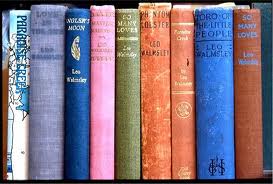Fiction
Verdict: Read it
This was a confusing one for me. I've been open about how Bengali and Bangladeshi language and culture confuse me. It's like a familiar item, only something is a bit off. Like putting potatoes in Biryani.
I can't remember why I picked this up, nor have I read anything from the author previously. It's a novel centering around a family living in a small village. They are not a traditional family as a Sufi Pir's daughter was married to a widower and has a step son. Theirs isn't a passionate marriage but she takes comfort in his presence and stability. His health is never good and she finds herself a widow after some time. There are many references to a community lake, local folklore, superstitions, and fishing culture that I found especially hard to identify with.
There's not much plot going on here. It rambles through every day life without much drama or contemplation. It's also not a small novel. There is some commentary on class differences which I found interesting, but not different from any other novel.
Read it if you have an interest.
~Becky~
